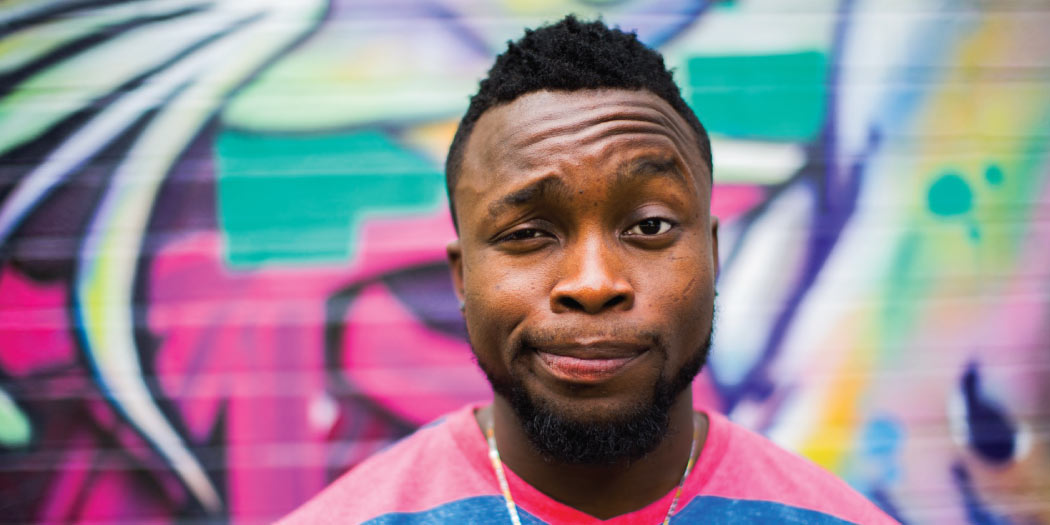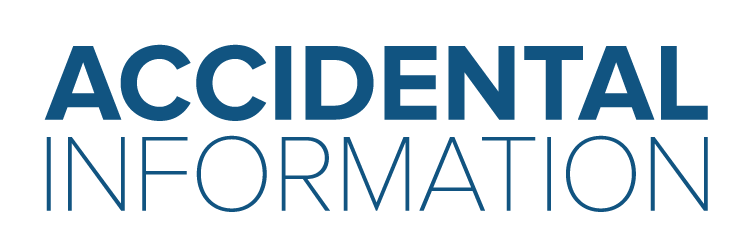
How Our Life’s Purpose Evolves and What to Do About It
We all have a life’s purpose. It’s hiding there within each and every one of us.
But even once we discover it, the journey isn’t over. That purpose is going to evolve over time.
It’s not a drastic change. In fact, if your purpose is completely different today than it was a few years ago, that’s a clue that you weren’t in tune with your true purpose to begin with.
Instead, it’s a sharpening, a honing, a focusing of our purpose. And it’s completely natural. It’s a sign that we’re growing.
Often times this happens when our purpose shifts away from ourselves and towards the rest of the world. This can be a confusing process.
But here’s why you should care. It’ll allow you to live life with more intention, and make a life you love, even more than you do today.
Understanding Why Our Purpose Evolves
When we talk about your life’s purpose, we’re not talking about a goal or a career. It goes much deeper than that.
One very good example is Pat Wadors, the chief HR officer of LinkedIn, a recent guest of the Living Your Journey show. She shared that her purpose is to make a person better from simply having a conversation with her, to bring them out and help them flourish. That can feel lofty.
The trick is to think of it as your anchor. It’s what grounds you – all things you do link to it.
Back to Pat, her role in leading HR, her short and long-term goals, and almost everything else in her life will move her towards fulfilling that purpose. And easily know if they don’t.
Before you can be like Pat, you have to discover your purpose first. As you explore your purpose further, you’ll notice that it becomes a little more specific and developed over the years.
Maybe you started out with the purpose of communicating with people, of learning about what makes them tick, and to help. It’s a good start. Hoping to help without a real idea of what that means isn’t necessarily hitting a purpose. It’s entertaining, sure, but where does it lead? Where’s the larger vision?
As you grow, your purpose grows along with you. Now you’re using conversation to improve people’s lives, like Pat, because you found how your conversations help, maybe by becoming the connector to great opportunities; or maybe you find the commonalities between people and bring them together to create.
Of course, those are just examples. Your purpose is specific to you and may be completely different.
But the process is similar for all of us. The journey won’t be exactly the same, but it ultimately takes a similar path.
That’s why it’s so valuable to look at other people, to see how they discovered and realized their purpose, and to apply their learnings to your own life. You will still have to make that journey yourself, but at least you’ll have a head start.
How to Focus in on Your Purpose
What if you don’t know your purpose? No need to panic, many feel the same. And we have a few ideas to help you along the path to get closer to it.
Discovery
Internal discovery is our beginning step. This is when we look inward and start to understand all of the things that bring real fulfillment and peace. Also, think about the things you do where you lose track of time, because you love it. It could be hobbies you like pursuing, subjects you enjoy reading about, or the favorite parts of your job.
Leave nothing to assumption here. Look at everything.
External discovery is key in understanding what you don’t know, and possibilities around you. The real world is so full of careers and opportunities that we can’t possibly understand them all. Find people in the careers you’re drawn to and interview them. Or just interview people you admire. Ask them about what they do, and why they do it. Be careful to understand what resonates with you, and why.
Another external discovery activity to try – expose yourself to something new. Simply trying new things, whether it’s a new activity like photography, knitting, or graphic design, volunteering in an organization that ’s new to you, or even exploring new cultures – all will provide experiences that you can evaluate and see if they support what you found in your internal discovery step.
Document
After all of that discovery, it’s best to get it down. As in, write it down. Visuals will help. But don’t stop there. Organize it all and try to understand your findings.
Are there pros to doing more of one thing you like? What about cons? You could even rate your ideas, 1 to 10. Another great way to organize your internal discoveries, is to create a mind map or a vision board.
Whatever you need to do to get your thoughts out. Don’t worry about trying to find all of the answers yet. This is about understanding the ingredients of your purpose, how they might relate, and why you like them.
Make a Plan and Act
You still may not have all of the answers. But you will know what gravitate toward. But unless you do something about it, nothing will happen.
Start small, and write down byte-sized, specific steps that will help you test your ideas. Maybe add in the external discovery ideas you came up with here. Think of this eliminating the things that don’t make sense, and narrowing your focus.
Also, make sure you have some mine-goals in mind. Put them in a calendar to create a timeline for pursuing them. This will help you keep going without losing interest.
The Path to Growth and Intentional Living
Once you have a purpose in mind, the same process of discover, document, plan, and act will help your purpose continue to evolve.
Instead of applying the discovery process to our entire life, we’ll use it toward our own current focus. We’ll hone it and sharpen it over time.
Here’s the most important piece of advice and what all of this boils down to – it’s your awareness. You could go your whole life without finding your purpose if you’re not paying attention.
Once you’re aware, you can live intentionally, making decisions that will work toward your fulfillment.

